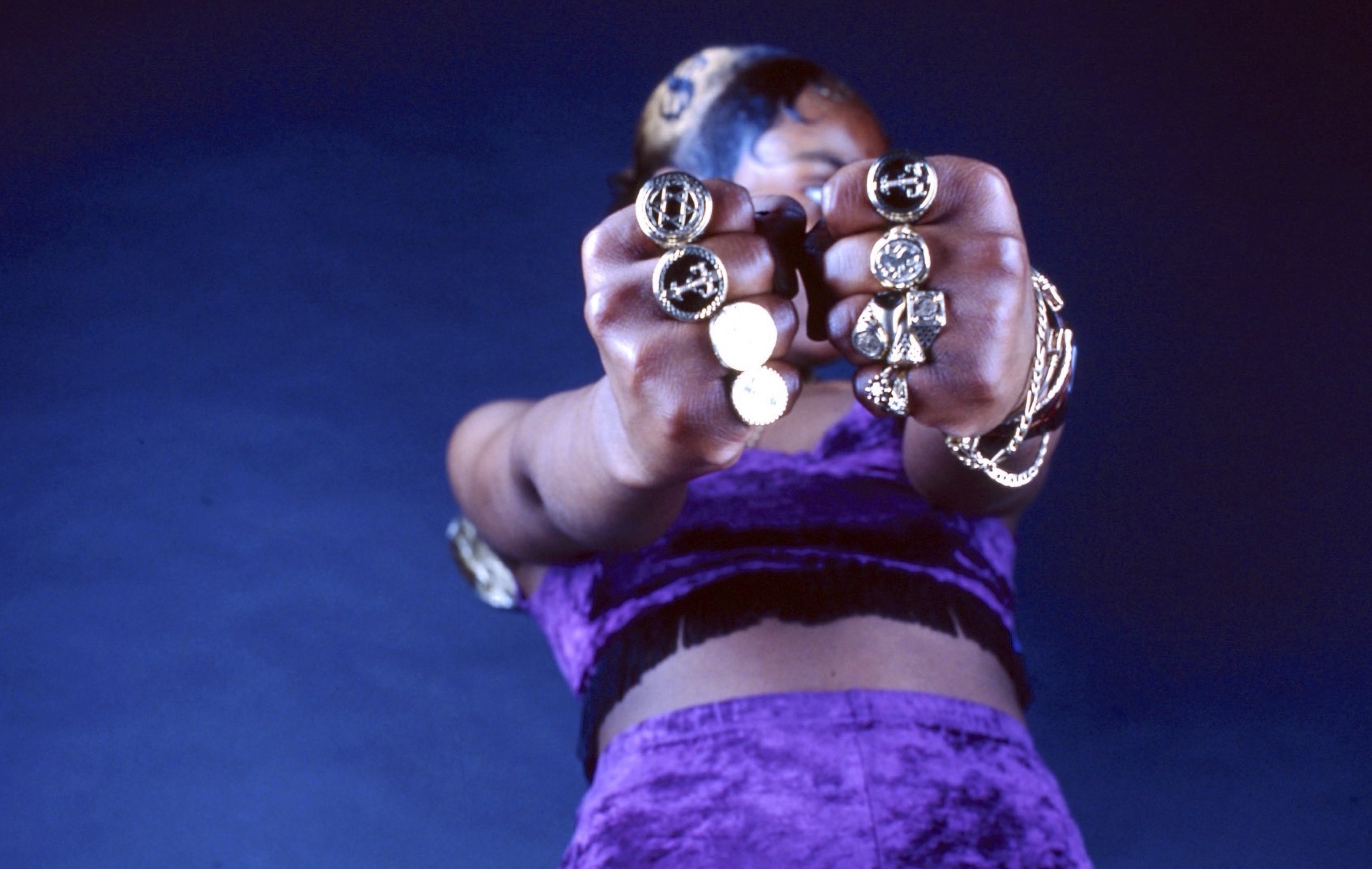In 2021 I was appointed the Chair of RADA, arguably Britain’s - and possibly the world’s - most prestigious drama school.
For the last three years I have greeted the new influx of first year students with the following words: “Drama is essential to democracy. What you learn here will shape and change the world.”
I admit it is a bit grandiose, and I know some of the students think I am leaning towards hyperbole, but I believe every word. The example of the ITV drama “Mr Bates vs the Post Office” and the impact it has in wider society is all the proof you need.
First, let me explain that I have not always recognised the importance of drama when it comes to democracy. In my heart I am a journalist through and through. I worked at the BBC for 24 years, the last eight of them as a senior executive overseeing current affairs programming at BBC Scotland, including coverage of the independence referendum. When I was working in current affairs, executive producing Panorama investigations and signing off running orders for nightly political news programmes, I believed it was news and current affairs that shaped how our democracy worked and drama was “mere” entertainment.
I was wrong.
Democracy, as we understand it today, cannot function without drama.
The importance of drama to the functioning of democracy goes all the way back to the very origins of Western democracy. I do not believe it is a coincidence that Western participatory democracy and the origins of modern theatre both come from the same place - ancient Athens.
"Drama connects us emotionally to issues and people in a way that even the best journalism has difficulty in achieving."
Drama which can explain, and give different perspectives to contemporary issues, is essential to a democracy that works. It is impossible for individuals to vote or make informed decisions about the society they live in unless they understand the different, and sometimes conflicting, perspectives of the people and issues they are deciding about.
Importantly, drama connects us emotionally to issues and people in a way that even the best journalism has difficulty in achieving. Being able to walk a mile in someone else’s shoes, being able to understand reality through another person’s eyes, and vicariously feeling someone else’s joy or pain is essential to democracy. Emotional engagement with issues is a critical component. Democracy without emotion quickly becomes a technocracy, which is just one small step away from authoritarianism.
Drama is the essential emotional component that enables democracy.
Again, if one looks at history, it is no coincidence that during the McCarthy era in the US it was the dramatists, scriptwriters and film directors who faced being blacklisted. It was their ability to create drama which emotionally connects to an audience which was the biggest threat to any authoritarian regime.
Which brings us back to the ITV drama “Mr Bates vs the Post Office”.
The reality is the issues that the drama exposed had already been covered hundreds of times in various newspapers and news and current affairs programmes on TV. BBC Panorama’s “The Post Office Scandal” was described by the producers as “The story of the most widespread miscarriage of justice in British legal history and those whose lives were devastated by it.” It was broadcast almost a year ago. Nearly three years ago, in April 2021, the Telegraph ran the headline: “Call to prosecute Post Office bosses over ‘biggest miscarriage in British legal history’”
The story was not new, the scandal was already exposed. But there is a massive difference between knowing something and feeling something. Information alone, however shocking, does not compel people to act, to vote, or compel politicians to pass laws - feelings do.
What we are currently witnessing when it comes to the Post Office is feelings being transformed into actions - and that is the strength of good drama.
And now, here is the warning. Let me take off my hat as Chair of RADA and put on my hat as CEO of the Film and TV Charity, an organisation dedicated to the welfare of people working in the film,TV and cinema sector.
British television drama is under threat.
"British drama must be protected from the vagaries of the market and downturns in advertising revenue."
In the last year, the industry has reported record numbers of freelancers out of work with several of the larger broadcasters - including ITV and Channel 4 - either radically cutting back on the number of programmes they are commissioning or not commissioning new programmes at all.
The same week that “Mr Bates vs the Post Office” was discussed in parliament, Channel 4 announced that “major job cuts are looming”. With advertising revenue down, the broadcasters simply do not have the money to make new British drama.
Most of the people in the industry I speak to think it is unlikely that “Mr Bates vs the Post Office” would be commissioned today.
The result is potentially devastating, not just for the UK film and television sector but for the very way our democracy works.
British drama - and for the most part I am referring to television drama as this is the most watched - must be protected from the vagaries of the market and downturns in advertising revenue. Simply importing US dramas does not play the same function in our society.
We need British drama for British democracy to work.
Marcus Ryder is the CEO of the Film & TV Charity and the Chair of RADA (Royal Academy of Dramatic Art).





